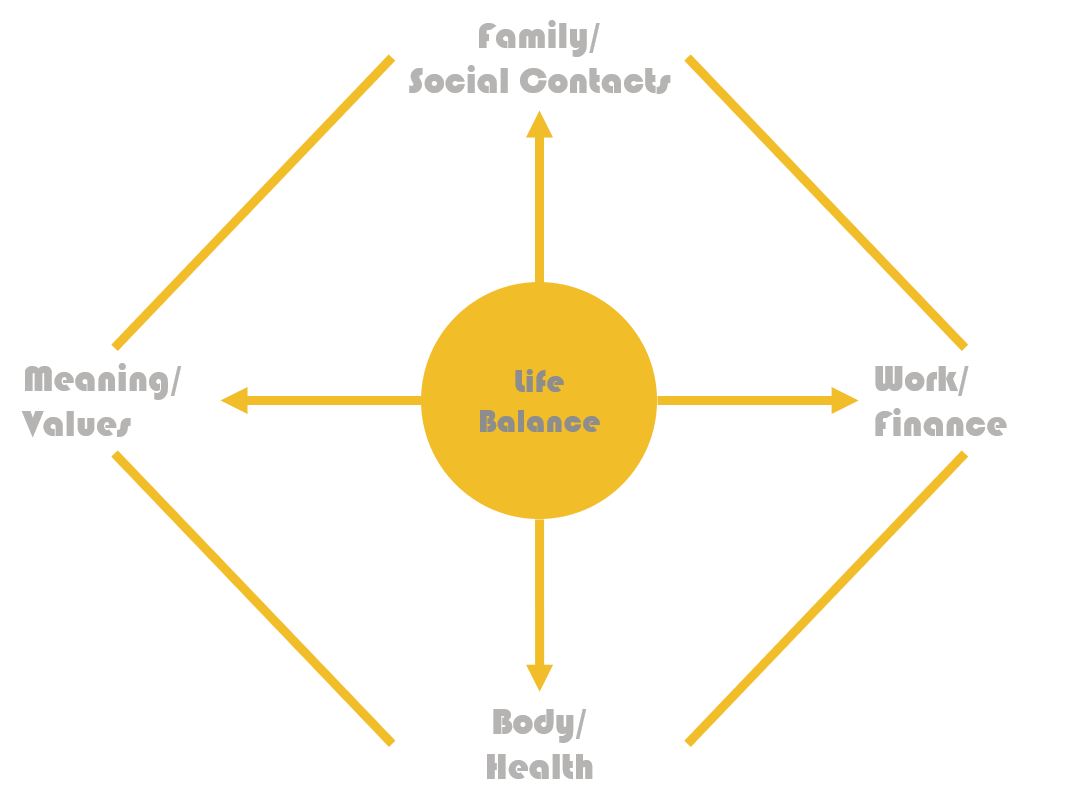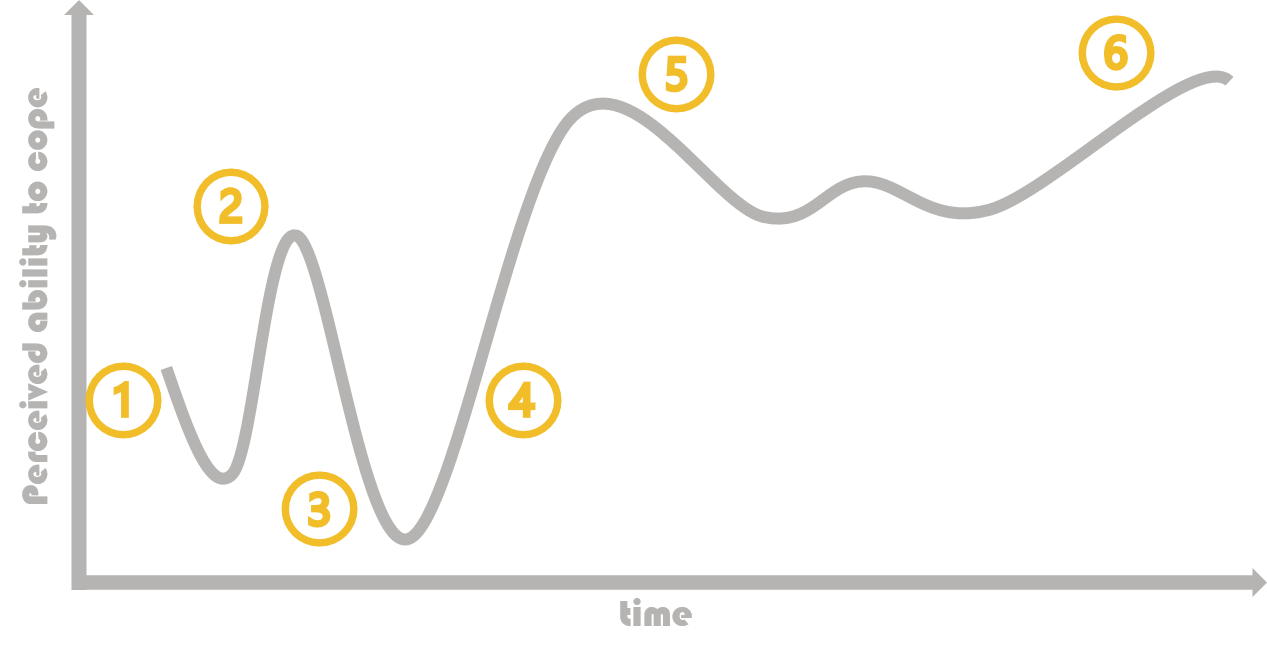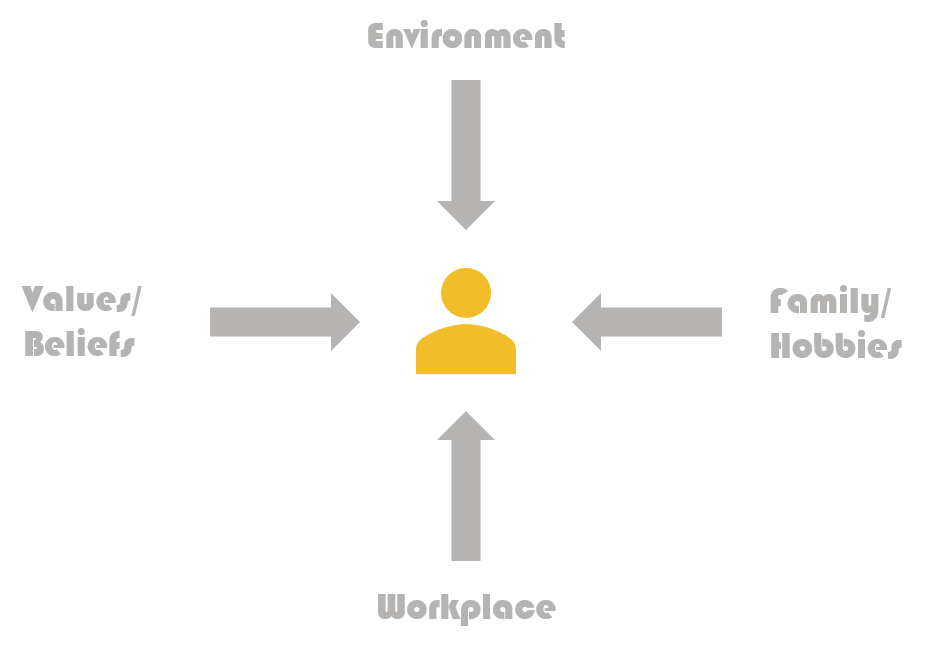Who doesn’t know this: Next year I am going to lose weight, stop smoking, exercise more, spend more time with my family. Whatever your new year’s resolution are, we keep at them the first few days or weeks of the new year – and then all the motivation is gone, and we fall back into our old habits.
And quickly, another year is gone without accomplishing them. Well, there always is next year…
But: How to fulfil your new year’s resolutions next year?
Steps to keep the motivation high
First ask yourself: “What is the one thing I really want to achieve?” One new year’s resolution is enough. What do you want the most? The next thing you should do is write down, why you want to achieve that. What will be different? For example, “I want to lose weight so I can play football with my kid.” or “I want to exercise 2 times a week, to feel fitter.”. Once you know what you want to do and why you want to do it, set yourself a realistic goal. You can use the SMART or SPEZI formular for that.
To not lose motivation over time, have little reminders of what will be better around your house. This can be a post-it note on your bathroom mirror, a picture you have drawn on your refrigerator. Put those little reminders somewhere where you can see them every day. They remind you why you want to do it and keep you going.
But even then, there are ways we try to sabotage ourselves. Here it is important to know why and what is happening.
Striving for perfectionisms
You have set small goals for every week. Let’s say you want to exercise two times a week, but last week you only did once. What those of us striving for perfectionisms now tend to do is talk themselves down. Sentences like: “You fool, you thought you can do this.” or “Now, you have to exercise three times next week, or you will never reach your goal!” will be in your head. This won’t help to motivate you to get at it again next week and you soon will find out, that you have to exercise more times than there are days in the week.
Instead try to change the perspective. You exercised one time, that is more than what you did before. What would you tell your best friend in that situation? We tend to be harsher to ourselves than to others.
If this happens to you try to find the positive thing you already did and remember how good that felt. You want that good feeling again- well you know what to do.
Are you still seeing the small reminders? Look at them again!
Priority Management
Let’s stay with the exercising example. You only exercised one time, because there just wasn’t time to do it again. Look closely at what you did instead. Was that really necessary? Was it helping your goals? Here the reasons might be different. Sometimes you might have done something else just to be occupied. In this case remind yourself of your goals and why you want to achieve them. Maybe sharpen them, so you get your motivation back.
Maybe you find out that there is just not enough time, because you had to help your partner or friend and that is something really important for you. In this case you now have two possibilities: One is to talk to that person and explain about your goal and maybe together find a way to achieve your goal. The other possibility is that you just didn’t take everything into account when setting your goal and exercising one time a week is more realistic. In this case you have to readjust your goal.
There are also other reasons, like procrastination, decision making, saying “no” and setting boundaries. For all our attempts to sabotage ourselves it is possible that we haven’t taken into account what was good at the old behavior. Maybe you ate more than needed because dinner time is a family get together and is often combined with social time. Find what was the good part of the behavior you want to change and find a way to keep the good. In the eating example, maybe you can find half an hour where you sit together and talk, but without the eating. I am sure you will find a way!
How to fulfil your new year’s resolutions? Here are some tips for that:
- Set a clear goal and small subgoals
- Remind yourself why you want to do this daily
- Identify if you are sabotaging yourself
- Keep the good stuff
Photocredit: Verena Küppers Photography
Focus Topics
Life Balance
An important factor of burnout prevention is your individual life balance. We are happy to go deeper into this in a one-on-one coaching session or you can take the time for the “Time to reflect”.
Change your life
The O in the STONG formula speaks of open for change. This is not an easy thing to do.
If you are facing a change right now and you need support, we can do that in a one-on-one coaching session.
Stress management
You know that this is your topic to work on. Then we can focus together on the TR and G from the STRONG formula. This goes again in the individual coaching or the workshop “Time to reflect”.








